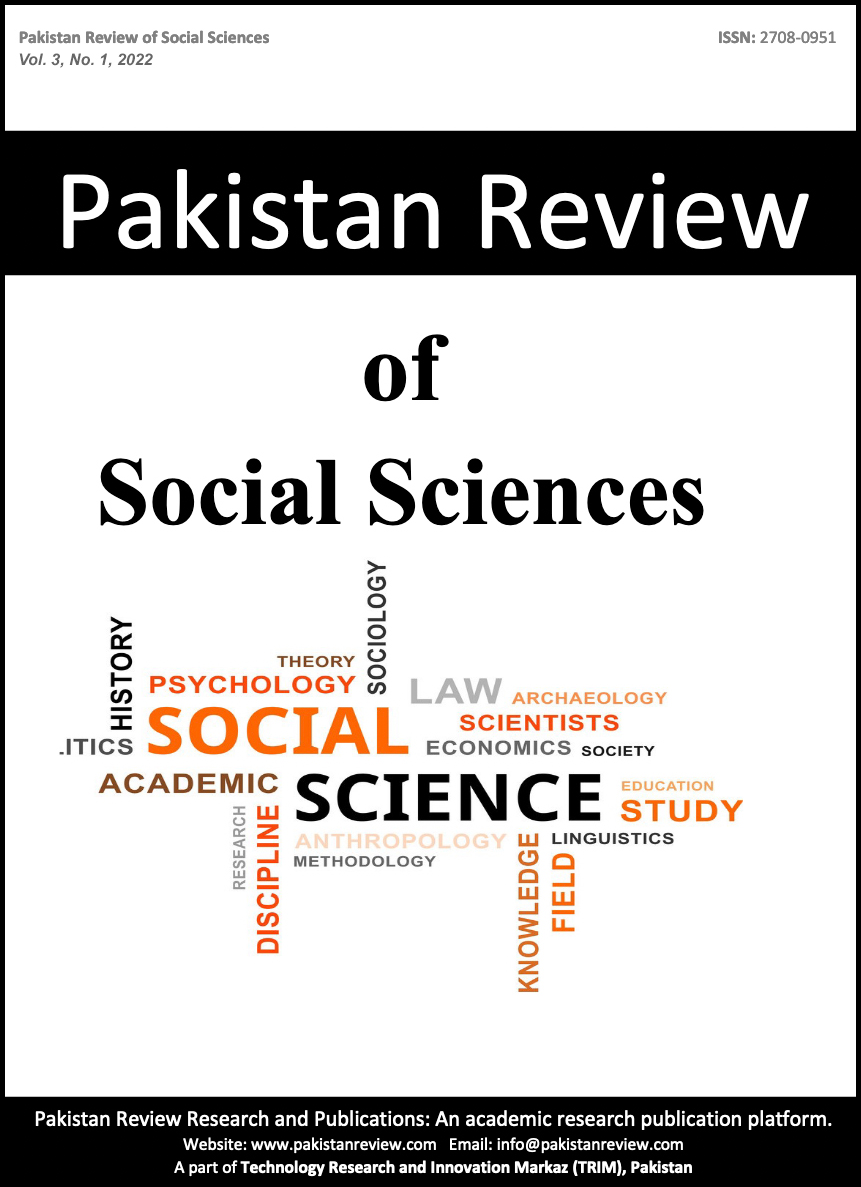HYBRID WARFARE; IRAN-SAUDI RIVALRY AND ITS IMPLICATIONS ON PAKISTAN’S INTERNAL AFFAIRS
Keywords:
Saudi-Iran Rivalry, Sectarianism, National Interests, Middle East, Sunni-Shia, Chinese Rapproachmnent, PakistanAbstract
The research paper circulates the Iran-Saudi Rivalry which has deep historical roots and can have drastic implications on Pakistan’s internal affairs. Scholars have argued that both these Islamic giants adhere to different approaches to leadership and dominance in the Middle East. The author uses qualitative methodology to formulate this paper with the help of research papers and documentaries. Similarly, as long as the bone of contention escalates, so do the implications and instability rise in Pakistan as the latter is composed of Sunni majority and Shia minority population resulting in vast sectarianism. In support of the argument, the theory of Realism is implied which discusses how both states prioritize their national interests. Case studies of Shia violence in Pakistan have also been discussed in this paper about the rivalry. The DIME model has been used for better understanding. Lastly, the paper converses on the China-led rapprochement between Saudi-Iran rivalries.
Keywords: Saudi-Iran Rivalry, Sectarianism, National Interests, Middle East, Realism, Sunni-Shia, rapprochement, Pakistan
Downloads
Published
Issue
Section
License
Copyright (c) 2024 Pakistan Review of Social Sciences (PRSS)

This work is licensed under a Creative Commons Attribution 4.0 International License.
Submission declaration
Authors retain the copyright to their work and grant the Pakistan Review of Social Sciences (PRSS) the right of first publication under a Creative Commons Attribution 4.0 International (CC BY 4.0) license. This license allows others to share, adapt, and reuse the work for any purpose, including commercial use, as long as appropriate credit is given to the original authors and the journal.
By submitting a manuscript, authors confirm that the work has not been published previously (except as an abstract, lecture, or academic thesis), is not under review elsewhere, and has been approved by all authors and relevant authorities. Once accepted, the article will be openly accessible under the CC BY 4.0 license, ensuring wide dissemination and reuse with proper attribution.






